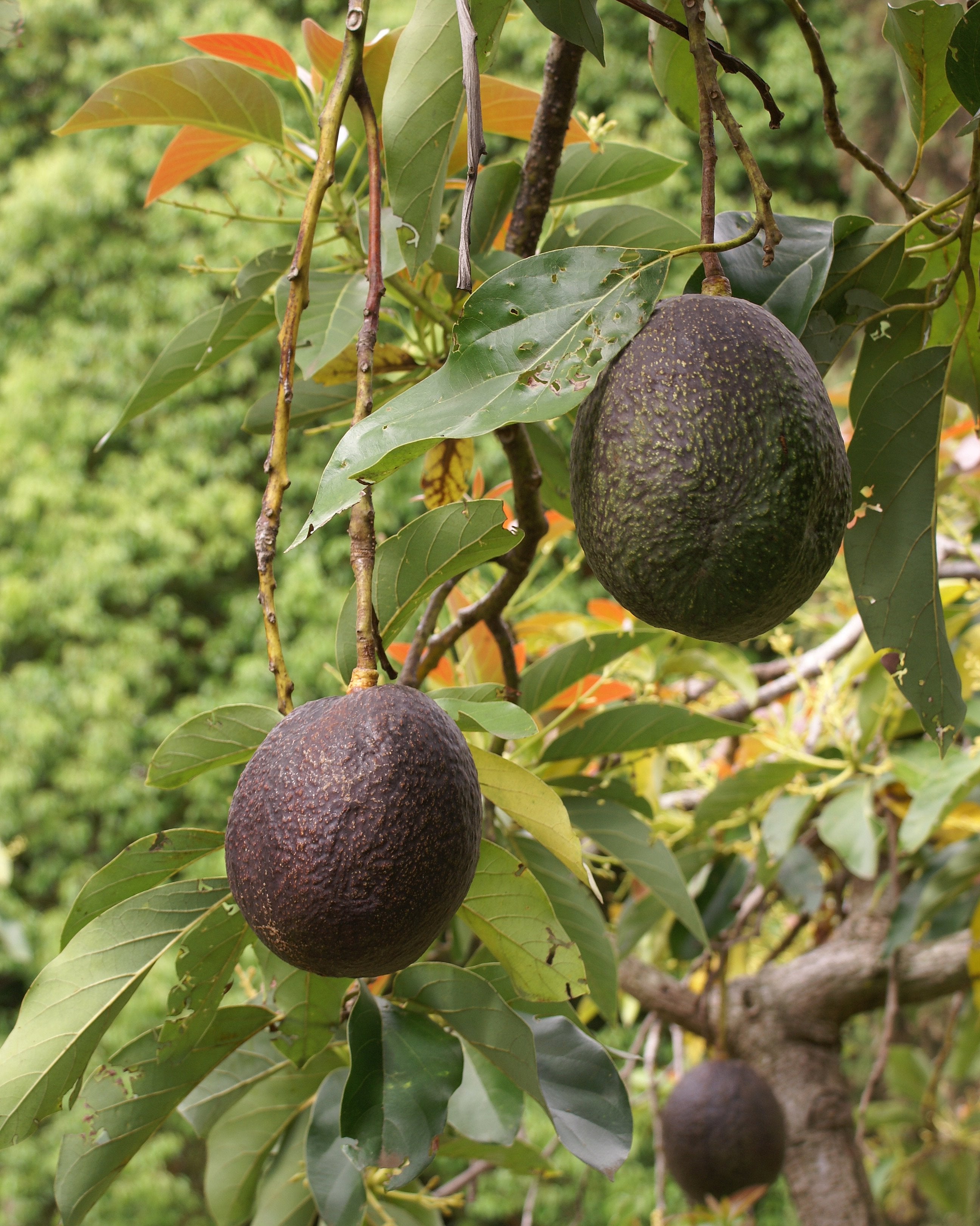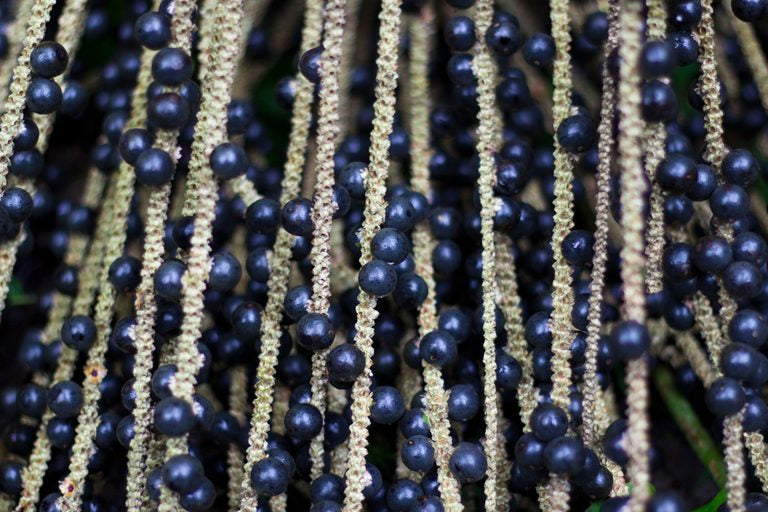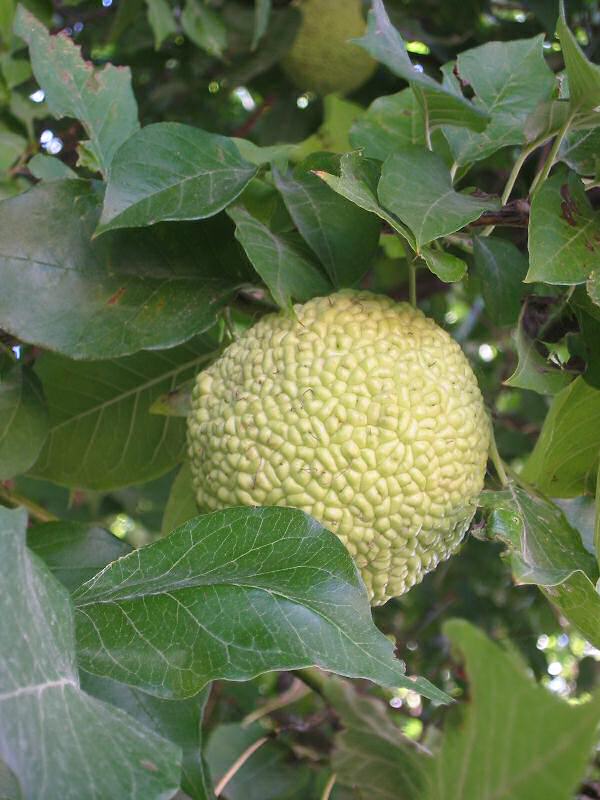
Tropical Wild Edibles - The Avocado
Botanical name: Persea americana
Common names: Avocado, Avocado Pear, Alligator Pear
Family: Lauraceae, the “Laurels”.

Physical Appearance: A medium sized tree that grows up to 20 metres in height. The leaves are alternating in their arrangement with leaves that are between 10 and 25 cm long. The leaves are ovall in shape. Its flowers are a rather nondescript green/yellow colour and between 5 and 10mm wide. The fruits are essentially a berry containing a single seed. The fruits are generally between 7 and 20cm in length and weigh in at between 100 grams and 1 kilogram (1000 grams). The contained seed is generally 5 to 6cm long.
Depending on cultivar, the avocado fruit can be quite varried in size and shape ranging from completely spherical to the more traditional shape we all recognise.

Natural habitat: Originally thought to be native to Mexico although fossil evidence suggests that similar species were much more widespread in the past. Historical evidence suggests that there have been three “domestications” of the avocado resulting in three distinct cultivars; the Mexican aoacatl, the Guatemalan quilaoacatl and the West Indian tiacacolaocatl.

Point of interest: 80% of the world’s avocado crop goes to the USA. Avocado is often consumed by people trying to avoid meat as it contains very high level of fats and B vitamins, generally only available in foodstuffs like meat, fish, eggs and cheese. From an ecological standpoint, the avocado is often weaponised by exponents of both sides of the vegan Vs carnivore debate. The main point of contention is exactly how resource hungry growing avocado is:

The ecological debate continues: To grow 1 kilogram of avocado, an average of 300 litres of fresh water is required. This is one of the contributing factors to why the avocado industry is looked upon in a negative way from an environmental perspective. It could be argued that such cultivation is not ecologically sound or sustainable compared to other crops offering similar nutritional value for far less import of resources. Exponents of vegetarianism often counter this by making a direct comparison to

(A sweetened smoothie made with avocado and chocolate, popularised in Asia).
Photos courtesy of
B.navez, CC BY-SA 3.0 <https://creativecommons.org/licenses/by-sa/3.0>, via Wikimedia Commons
Nsaum75 at English Wikipedia, CC BY-SA 3.0 <https://creativecommons.org/licenses/by-sa/3.0>, via Wikimedia Commons
Ethel Aardvark, CC BY 3.0 <https://creativecommons.org/licenses/by/3.0>, via Wikimedia Commons
Jpatokal, CC BY-SA 3.0 <https://creativecommons.org/licenses/by-sa/3.0>, via Wikimedia Commons


